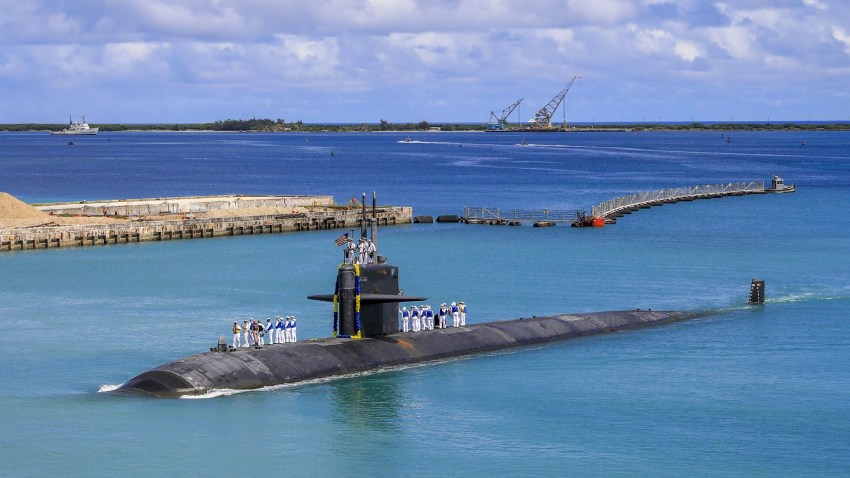The newly minted Australia-U.K.-U.S. security pact, known by its acronym AUKUS, was announced just days after the 70th anniversary of another regional trilateral defense arrangement, the ANZUS treaty, which comprises Australia, New Zealand and the United States. The genesis of both deals was deeply informed by history and geography.
Signed in 1951, ANZUS built on its signatories’ close cooperation in the Pacific theater of World War II and reflected a common sense of identity between the three signatories—all Pacific Ocean-facing, English-speaking democratic societies of the New World. But ANZUS was always a precarious alliance, never including a NATO-like Article 5 provision for mutual defense.
AUKUS, too, does not include such a provision, as the wording focuses mainly on technological cooperation—most importantly to help Australia deploy nuclear-propelled attack submarines. Still, the partnership appears more oriented toward mutual obligations. All three powers now need each other more, owing to a confluence of factors: the relative decline of U.S. power; the fallout of Brexit and the U.K.’s subsequent efforts to strike out on its own under the banner of a “global Britain”; and the emergence of a powerful and assertive China that challenges U.S. primacy and directly threatens the Anglosphere’s member Down Under.

